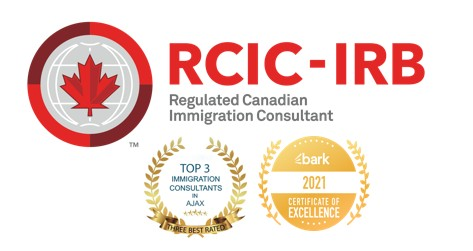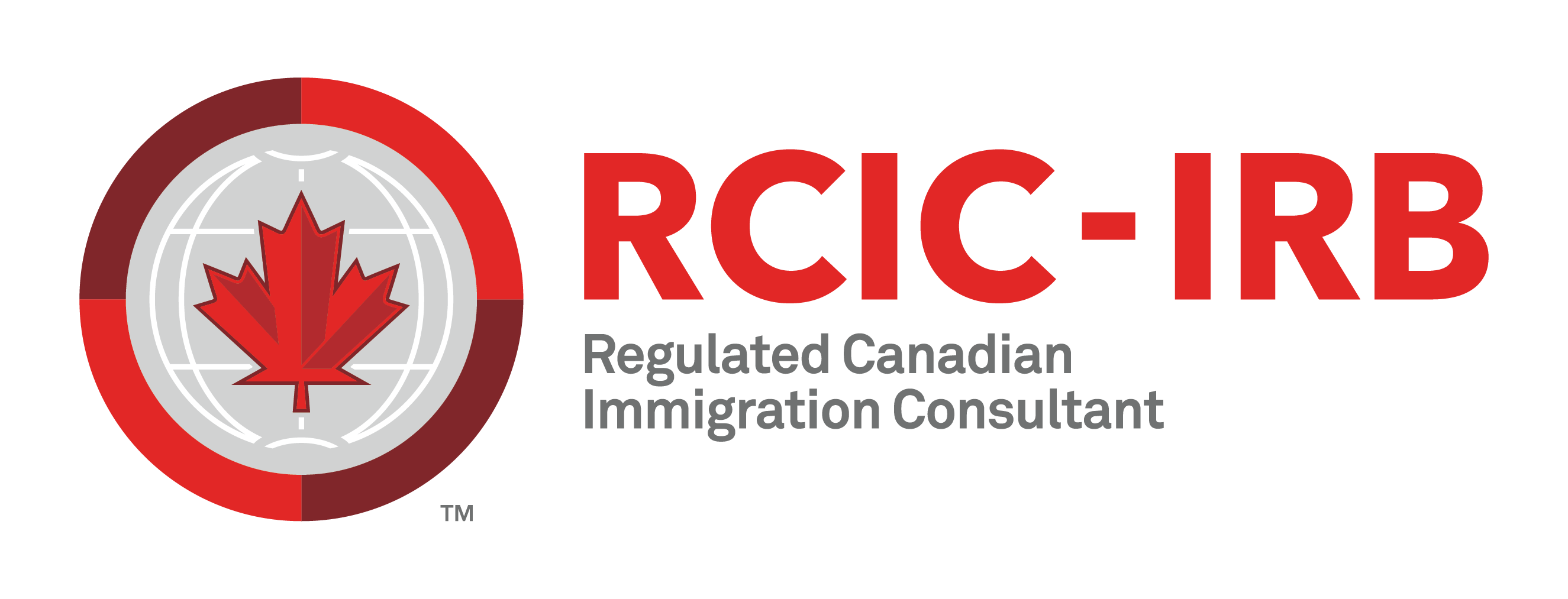Ottawa, September 6, 2019 – When people apply to become permanent residents in Canada, they’re asked to declare all family members on their application (spouse, common-law partner, dependent children), including those who aren’t accompanying them to Canada.
For various reasons, including lack of awareness or lack of knowledge of a family member’s whereabouts in a conflict situation, many newcomers failed to declare some family members on their application. By not including these family members, applicants made them ineligible from being sponsored to come to Canada for life.
To address this unintended consequence, the Minister of Immigration, Refugees and Citizenship announced on May 31, 2019, a pilot whereby a resettled refugee, a person conferred refugee protection in Canada, or a person who was sponsored as a spouse, partner or dependent child themselves, will be able to sponsor undeclared immediate family members (a spouse, partner or dependent child).
The pilot will begin on September 9, 2019, and run for 2 years. It will facilitate family reunification and ensure that dependants who weren’t declared in their family member’s immigration application are not further penalized and barred from entering Canada. It will also enable some newcomers to sponsor undeclared family members.
To uphold program integrity and ensure that this pilot project doesn’t make the system vulnerable to fraud and misrepresentation, Immigration, Refugees and Citizenship Canada is limiting eligibility of sponsors to those who immigrated to Canada as a resettled refugee, were granted refugee protection in Canada or were sponsored as a close family member.
The applicants must still meet all eligibility requirements and prove they’re admissible to Canada.
For more information, please see the Public Policy.





Would you like to share your thoughts?
Your email address will not be published. Required fields are marked *